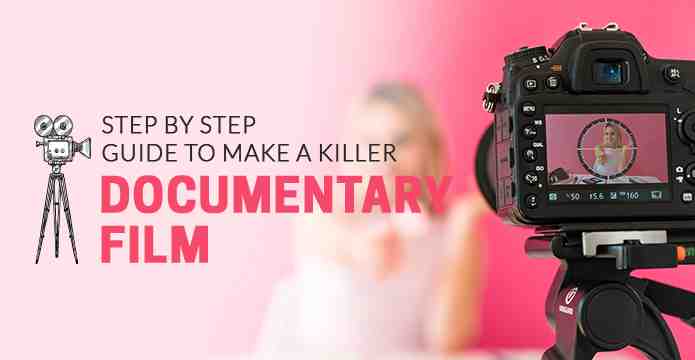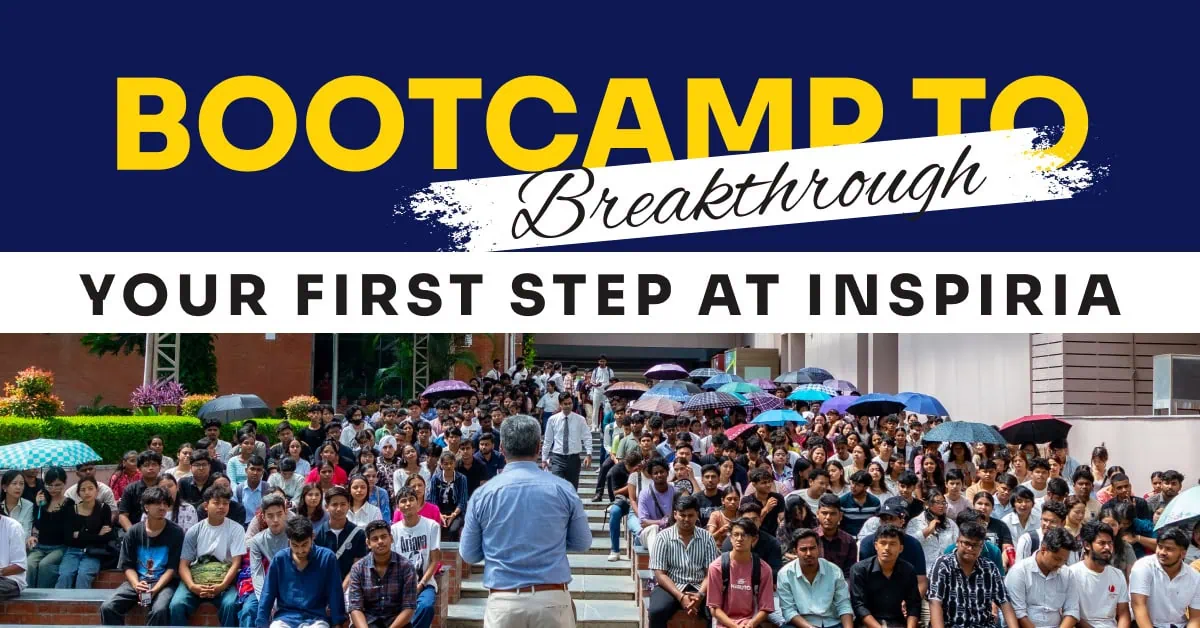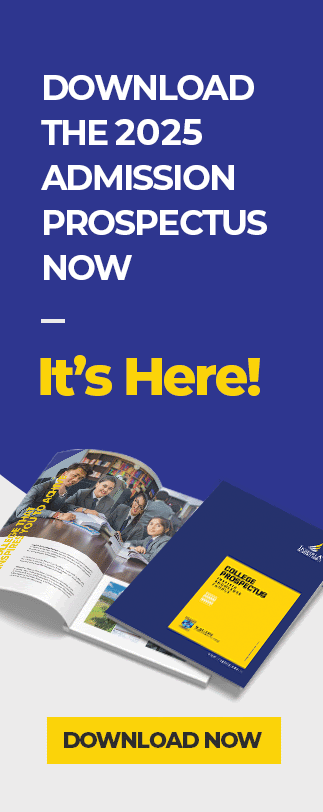Anyone can film their lives. The proof is quite apparent from all the rubbish that we find on Youtube and some other trending social media sites – such as – Facebook, TikTok, Instagram, etc. If you truly want to make a film or a documentary that the audience actually would prefer to devote their time for, then don’t go anywhere! Here a detailed or step by step guide on making a killer documentary film. We have elaborated the enlisted sub-headlines. Scroll down to read more.
1. Choose An Intriguing Topic That Can Educate & Inspire A Change
2. Conceptualize Your Ideas
3. Do Some Research Before You Actually Proceed Forward
4. Need Expert Assistance? Hire Professional Staffs!
5. Sketch & Plan The Production Beforehand
6. And The Money Part? Create a Budget
7. So What Next? Prepare A Proper Shot Division
8. Be Wise! Secure Legal And Copyright Permits
9. Proceeding Step? Schedule the Shoot
10. Let The World Know It! Just Go Ahead And Share Your Documentary
Now the first and the foremost question – why make a documentary? The documentary is much more than the film making process. You don’t make documentaries out of the context or for entertainment. Documentary literally is non-fiction, fact-based visual representations that render insight into certain aspects of life. Such as – society, culture, history, religion, the universe and more as such.
The main objective of a documentary is to make people aware of the real-life problems and situations, educate them. It further encourages them to develop an open mindset. The documentaries serve the first-hand information about places, situations. Thus, the documentaries not just generate awareness in people but also serve as the catalyst for a much-needed change.
So, What Matters The Most While Making A Good Documentary?
The key to making a good documentary is not just about how expensive equipment or camera devices you own. A good documentary is what you film and what you convey to the audience. For which, you need to draft suitable contents. So, here’s how you should begin with your pursuit. Hope this helps and inspires you to take a step forward to your documentary project.
1. Choose An Intriguing Topic That Can Educate & Inspire A Change
Make sure you choose a good topic that’s is worth the audience’s time and attention. Don’t choose an average topic. Pick something that is uncommon, thought-provoking, insightful. Focus on the topics that are controversial. Or try to cast a different shade on an incident, person, or a largely discussed argument.
2. Conceptualize Your Ideas
Documentaries should be educational. Your topic could be anything. Still what you convey should be able to gain the attention of the audience. Conceptualize your plans into a verbal format. Develop it into a storytelling format and narrate it to your friends and families. Evaluate their reactions. Develop your ideas better and stronger. Proceed ahead with your purpose and much-refined concepts. While conceptualizing your ideas, focus on the following.
i. Content
ii. Tone & The Genre
iii. Duration
iv. Cinematography Technique
v. Targeted Audience
vi. Filming Location
vii. The Purpose Of The Documentary
viii. Broadcasting Platform
3. Do Some Research Before You Actually Proceed Forward
Research. Learn. Repeat. Once you’ve decided the subject topic for the documentary, learn and gather knowledge about everything regarding it. Contrary to the theatrical or fictitious films, documentaries should entirely be based on evidence and accuracy. Apparently, there are a number of documentaries that cover the same chosen subject topic. Thus, you need to gather more new information. Observe your subject from a different perspective. Explore the reasonable narratives. Pick unique characters in order to stand out amid the crowd. At the same time, focus on the following.
i. While researching, write down your notes
ii. Check out similar or related documentaries
iii. Confirm or validate the truth for everything
iv. Add relevant details that can resonate with the viewers
v. Study the subject from different perspectives – emotional, humor, inspirational, opposing, etc.
vi. Conduct original interviews
4. Need Expert Assistance? Hire Professional Staffs!
It’s totally possible for an individual to plan, research, film, and edit an entire project on own. But, that’s feasible, only if, the proposed project is small. Often times, an individual taking charge for something big can result in an unrefined or unpolished output. If you see the necessity, you can consider recruiting the experts for the project. Professional or experienced guidance is crucial, especially when you want a polished finish in the tricky subject you’ve taken. So, here’s some kind of professionals you might consider hiring for your project.
i. Researchers
ii. Writers
iii. Editors
iv. Cameraman
iv. Lighting Operators
v. Sound Recorders
vi. Audio Editors
vii. Technical Specialists
viii. Actors
5. Sketch & Plan The Production Beforehand
Proper planning is the soul of accomplishment. Detailed drafting and planning is a crucial step towards filming the documentary. Once you get the details regarding the subject, develop an idea about how you’re going to present your documentary. Determine the core points of the story. Add on the crucial and engaging elements in the narrative. Such as primary roles, narrative format, and overall sequence of the story. You need to create all the original footage and create memories out of the raw elements based on the direction of the narrative. Take heed of all these elements early so that you can resolve everything needed for the execution of the filming procedure.
6. And The Money Part? Create a Budget
The costing for the project may sound insignificant for the small documentaries. Yet drafting the overall cost helps you determine the possibility to improve the result. Whether it’s for a small project or big project documentary. Major factors for planning budget usually include-
i. Equipment and studio cost
ii. Production crew
iii. Catering
iv. Location permits
v. Liability insurance
vi. Post-production editing
vii. Copyright Fees
viii. Marketing expenses
ix. Distribution costs
NOTE: If you wish to increase your budget, you can also look for sponsorships or plan fundraising events.
7. So What Next? Prepare A Proper Shot List
Create a script, just like in feature film productions. So that you can follow the script once you start shooting the documentary. A well-formulated schedule for the overall story, location, characters, the list of initial interview questions, including intro and closing are the primary subjects of focus. Decide which existing materials you wish to include digitally and take videos of – while you’re editing for the final output. You can also choose to add voice-overs or narration to make your documentary more appealing to the audience.
8. Be Wise! Secure Legal And Copyright Permits
Before you proceed with filming and using the prepared materials for the project, don’t forget to fulfill the legal criteria and guidelines set for the same. Which involves – obtaining rights for using the music, footage, voiceovers and everything that fall under strict copyright laws. If possible, try to use your own music. As this helps you reduce time consumption, money, and pressure. You can use someone else’s music when there are an unavoidable circumstance and reason for it.
9. Proceeding Step? Schedule the Shoot
With the unending number of factors involved in the documentary creation procedure, you should make plans that can actually help you resolve the uncertain issues or unexpected problems that can hinder the production and affect the estimated budget. So, here are a few things to focus on while scheduling the shoot.
i. Plan and arrange travel schedules for on-location shoots
ii. Gearing up with back-up plans
iii. Assign task and schedule timings for the production crew
iv. Gaining permission to shoot existing materials
v. Scheduling of interviews with respondents
vi. Begin Your Shooting
Vii. Edit your shoot
Things you should consider for the entire process involved – film making or documentary development equipment. Think about how you prefer to portray your documentary to the audience. If you want to present highly detailed footage – you obviously should pick a higher resolution camera, including a varying range of lenses for different shots. You should even focus on establishing shots so that every footage is properly sequenced, easily understood by the audience. You should also determine the filming techniques to gain the desired result.
While shooting, do not forget to conduct interviews with respondents. For they render valid support to strengthen your documentary. The editing process begins once you’ve gathered all the required information. Such as – video, audio, digital materials, etc., for your documentary. With the help of editing software, you can arrange the raw videos in chronological order. Once the videos are laid out in the documentary’s timeline, clip and trim the videos as purposed. Remove the footages that contribute nothing to the original idea. Finally add all the important text, old footage, graphics, music, and voice-overs.
10. Stay Prepared For Everything That Comes By: Flexibility & Adaptability Matters
Documentaries are entirely fact-based and non-fictional. Thus, it is not bound within the limits of light, camera rolling, and the actors performing their character. Sometimes, situations can alter. Despite the constant effort for the perfect workflow, several situations might emerge that can actually impede your drafted plans or the desired workflow.
For example: If you have scheduled an early morning interview regarding the historically controversial topic, such as – “The Controversial Death Of Princess Diana or, The Mystery Behind The Longest Ruling Monarch Of United Kingdom- Queen Elizabeth II”, or similar other. But, to your disappointment, the respondent fails to make it on the proposed day, how would you react to the situation? Go mad with rage? Or, rather politely ask for another suitable date? The latter, obviously.
In the same way, if you’re making a documentary regarding the mountaineers scaling the Everest, you should be able to withstand the extremely cold climate. Or else, you may need to travel to another region just to shoot the unhindered view of the peak from a completely different perspective.
Similarly, the need might arise for staying in the remote region for long than pre-determined schedule. It could be simply for – a glimpse of first dawn or the rare animal that you’re planning to capture in your camera! Apart from research and planning, adaptability & flexibility matters the most while making a documentary. So, if you have made up your mind to make a documentary, you should be able to deal or ensure to develop the ability to adapt to every kind of scenario and situation to obtain the desired result.
11. Let The World Know It! Just Go Ahead And Share Your Documentary
Finally, after the prolonged planning, filming, and editing, you get the desired result for your creativity, consistency, and hard work. The subsequent concern to consider is, “a platform for exhibiting your work”. If you have produced a high-quality documentary, you’ll get more and better options. However, the kind of platform you get also depends on your budget.
You can start with a free screening within your own circle. You can gather online reviews and feedback for your documentary from family and friends with bigger social reach. You can even start marketing your documentary on social media sites for free. Platforms like – YouTube, Facebook is the ideal options to start with.
If your documentary gains positive response and if you think that your work is worthy of better marketing, you can surely bring it to a larger audience with the help of a professional distributor. You can even consult local TV channels, Film distribution firms for tie-ups and referrals.
Hope this helps. All the best for your upcoming documentary project.
Also Read: career in Film Making after 12th and Opportunities in India









